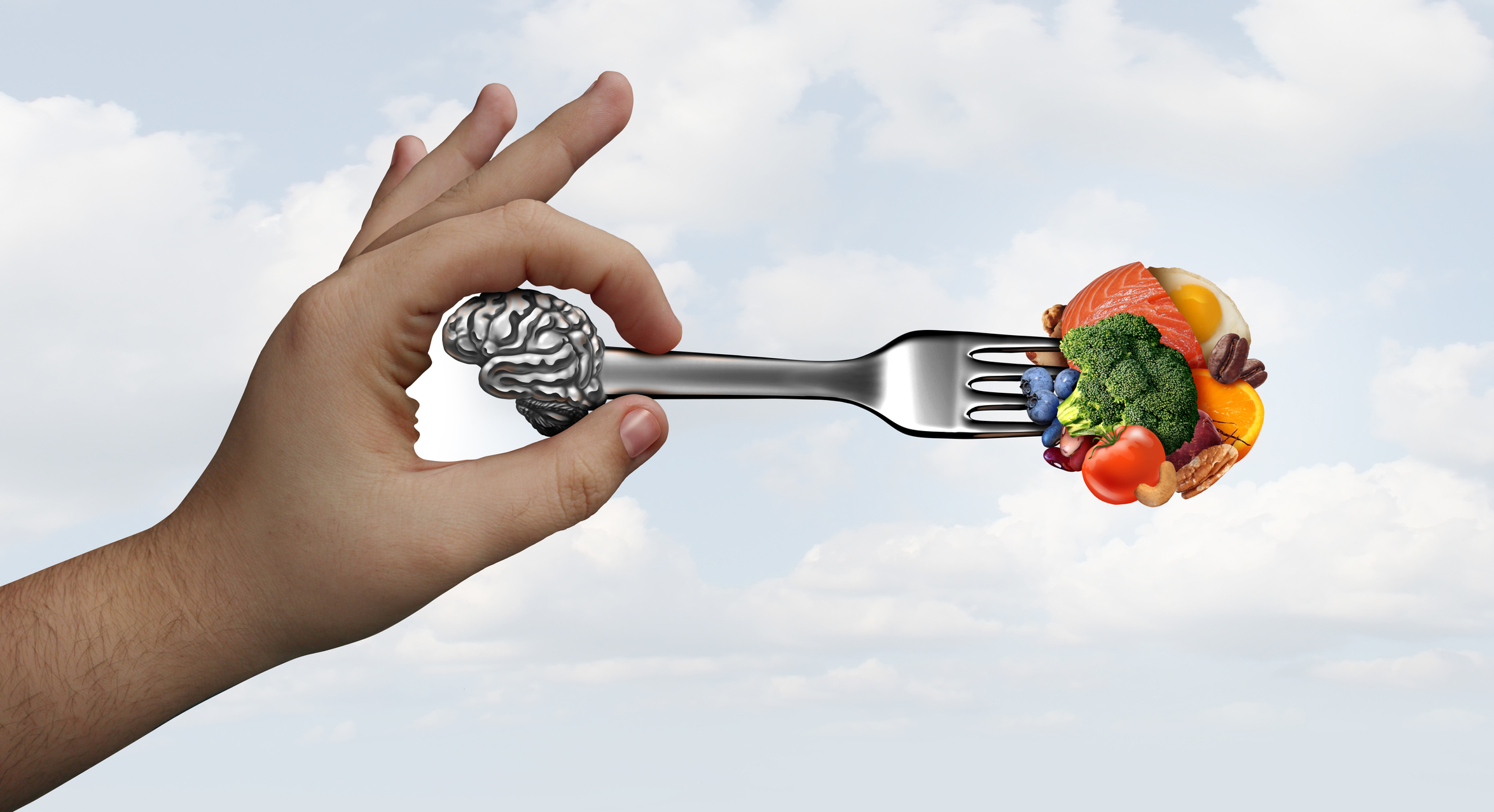
Every year, on October 10th, the world comes together to observe Mental Health Day. This day serves as a reminder that mental health is just as important as physical health, and it’s crucial to raise awareness and support for individuals facing mental health challenges. While there are many elements that contribute to our mental well-being, one aspect that often goes overlooked is the connection between mental health and nutrition. In this blog post, we will explore the intricate relationship between what we eat and how it affects our mental well-being.
The Gut-Brain Connection
Have you ever felt butterflies in your stomach when you’re nervous? This sensation illustrates the profound connection between our gut and our brain. This connection is known as the “gut-brain axis.” Emerging research suggests that the health of our gut can significantly impact our mental health.
The gut is home to trillions of microorganisms, collectively known as the gut microbiota. These microorganisms play a pivotal role in digesting food and maintaining a balanced immune system. Moreover, they are actively involved in producing neurotransmitters like serotonin, often referred to as the “happy hormone.” A deficiency in serotonin is associated with mood disorders like depression and anxiety.
Nutrients for Mental Well-being
Omega-3 Fatty Acids: Found in fatty fish like salmon, flaxseeds, and walnuts, omega-3 fatty acids are essential for brain health. They help reduce inflammation in the brain, which is linked to depression and other mood disorders.
- Antioxidants: Fruits and vegetables rich in antioxidants, such as berries, spinach, and kale, help combat oxidative stress. Oxidative stress can contribute to cognitive decline and mental health issues.
- Complex Carbohydrates: Whole grains like brown rice, quinoa, and oats provide a steady source of glucose for the brain. This stable energy supply can help regulate mood and prevent energy crashes.
- Amino Acids: Proteins are the building blocks of amino acids, which are essential to produce neurotransmitters like dopamine and serotonin. Incorporate lean protein sources like poultry, tofu, and legumes into your diet.
- B Vitamins: B vitamins, including folate and B12, are crucial for brain function. Leafy greens, eggs, and fortified cereals are good sources of these nutrients.
- Magnesium: Magnesium plays a role in regulating mood and reducing anxiety. It can be found in nuts, seeds, and leafy greens.
- Probiotics: Fermented foods like yogurt, kefir, and sauerkraut contain probiotics that support a healthy gut microbiome, which, in turn, can positively impact mental health.
The Impact of Diet on Mental Health
A balanced diet provides the essential nutrients needed for the production and regulation of mood-related neurotransmitters. This can help stabilize mood and reduce the risk of mood disorders. Studies have shown that a diet high in processed foods, sugar, and trans fats can lead to chronic inflammation, which has been linked to depression and other mental health conditions. So, choosing an anti-inflammatory diet can help moderate these risks.
A healthy gut microbiome can positively affect mental health by influencing the production of neurotransmitters and reducing inflammation in the body. Proper nutrition supports cognitive function, including memory and concentration, which are critical aspects of mental well-being.
On this Mental Health Day, let us remember that taking care of our mental health goes beyond emotional support and therapy. Nutrition plays a vital role in our overall well-being, including our mental health. By making conscious choices to include nutrient-rich foods in our diet, we can nourish our bodies and minds, promoting a happier and healthier life. It’s time to recognize that the gut-brain connection is a powerful one, and the food we consume can be a valuable tool in promoting positive mental health outcomes. So, let’s eat well, stay mindful, and prioritize our mental well-being.
Written by Lauren Jacobsen, Nutrition Director



